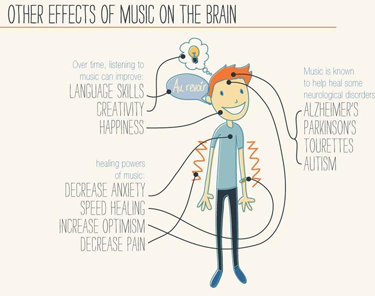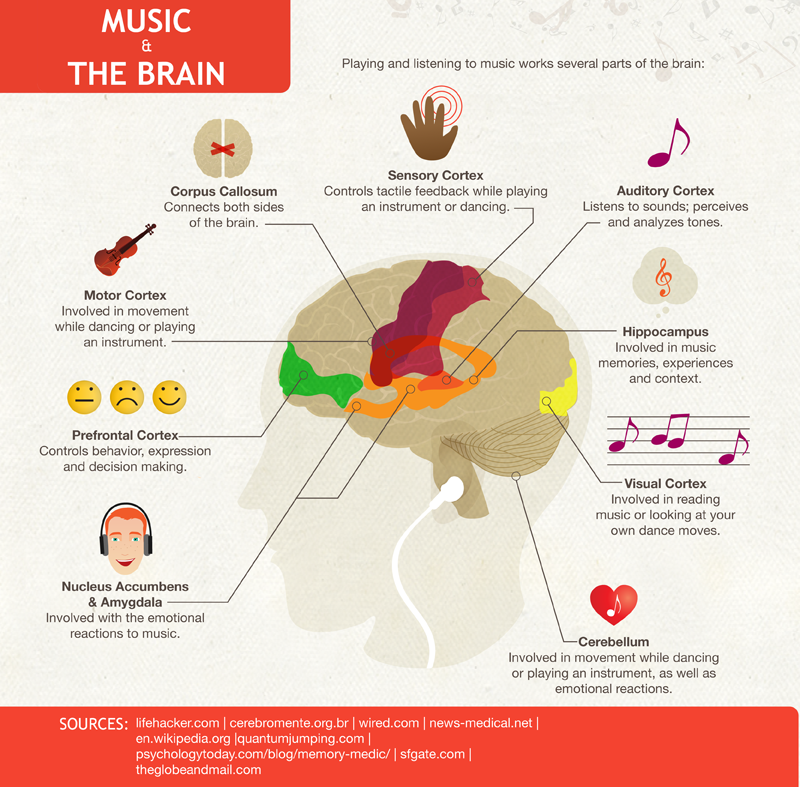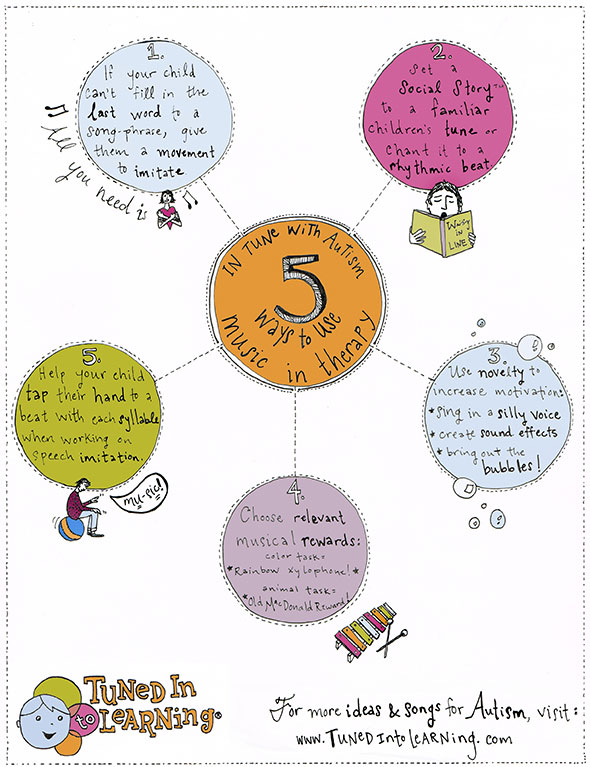Reaching Through the Autism Barrier with Music and Speech Therapy
How Speech Therapy and Music Can Work Together to Help Those with ASD
If your child has been diagnosed with ASD – Autism Spectrum Disorder – you already know about some of the hurdles they face. While Autism doesn’t have characteristic physical features, like other brain abnormalities and injuries it is often marked by depressed or delayed communication skills, making interacting with the world so much harder. It sometimes feels as if there is an invisible barrier between your child and the people and experiences that make up your community. New approaches with music in speech therapy have been showing great promise for kids with Autism – from high functioning Autistic children to nonverbal Autistic children. Music therapy in general has been used for decades to treat anything from cognitive to behavioral to social disorders. Now speech-language therapists are finding the benefits of this therapy method to help their Autistic patients.
How Does Music Help My Autistic Child with Speech Development?
A combination of music and movement has long been known to help stroke patients recover some of their communication skills. This has since been adapted to Autistic therapies in speech, where a combination of approaches appears to work together to build those communication skills. When your autistic child can have the following activities combined, it might just open a new door in the communication barrier.
- Hearing the words sung
- Seeing the pictures that match the word being sung or emphasized during the song
- Making movements to the rhythm of the music, such as guided toe tapping or drumming
Speech is generally thought to be controlled by the left hemisphere of the brain, but music is typically processed by both sides of the brain, meaning that there is a greater opportunity for the brain to process the input – the music. Some researchers find that Autistic children display characteristics of right-brained, or Gestalt learning styles, especially with the idea that kinesthetic learners do best when they can move – and music therapy encourages movement.
Music Therapy Has Many Benefits
Think of the music therapy in your child’s speech therapy program as muscle building for the areas of the autistic brain that are often abnormal. Music helps to bridge areas in the brain and reinforces the flow of words and sentences. This multi-sensory experience is the speech builder that can help knock down some of those communication barriers. Plus, it also often has the added benefit of calming, soothing, and relaxing the child.
Does my child’s SLP need to be a musician, too?
Absolutely not! You don’t have to look for a SLP who is also skilled in music therapy, but someone who is at least interested in and excited about integrating music into the speech therapy sessions. It helps to have an SLP who is comfortable belting out a few lines to a simple tune, but there are also many recordings and apps that can bring the music into the therapy session.
Can I use this type of therapy at home, too?
Yes! Work with your child’s SLP to assemble some recordings, or sit in on a session to hear the songs that are being sung and the techniques that are being used. You can even turn a mundane activity, like combing hair, into a music therapy session. As your child brushes her hair (movement), make up a simple, silly song with rhyming the word “hair” or “brush”. The hairbrush can also be used to tap, and the hairbrush provides a visible object to reinforce the language. You don’t have to be a recording artist to help your child knock down those communication barriers – you just have to be willing to try.






